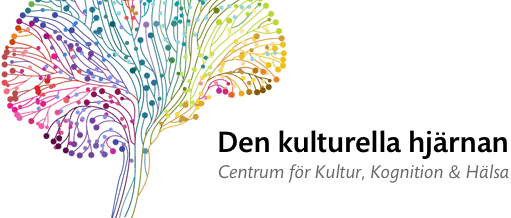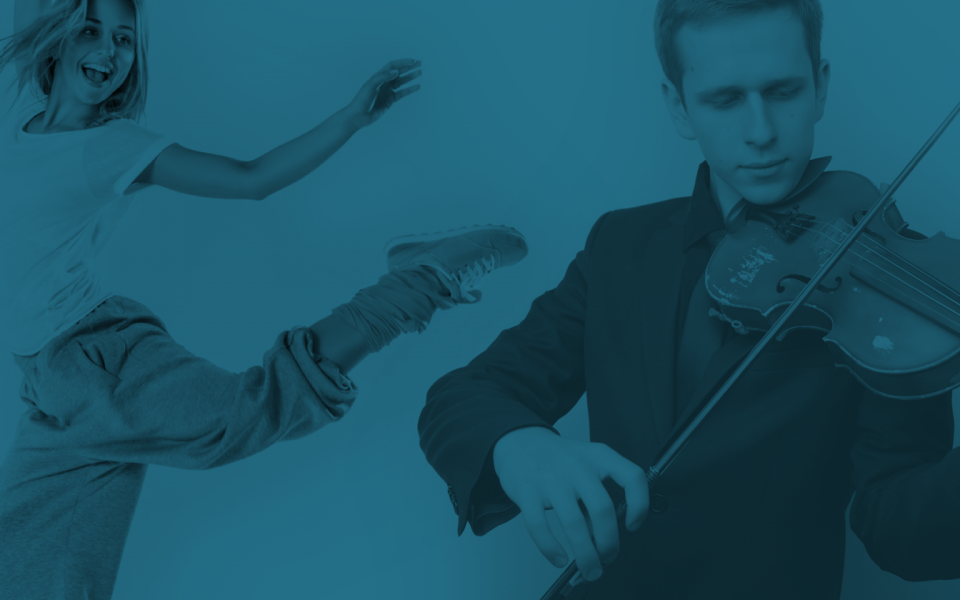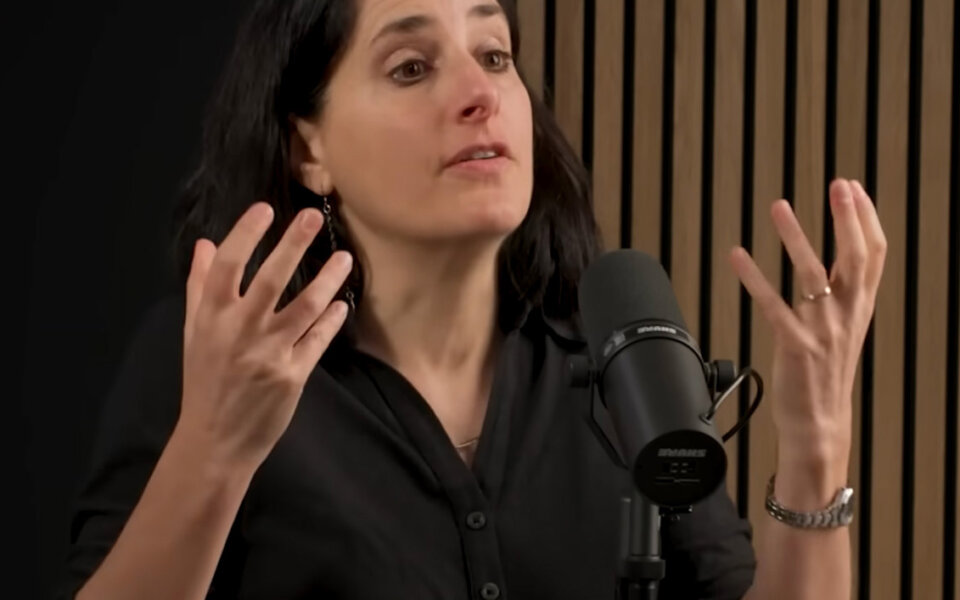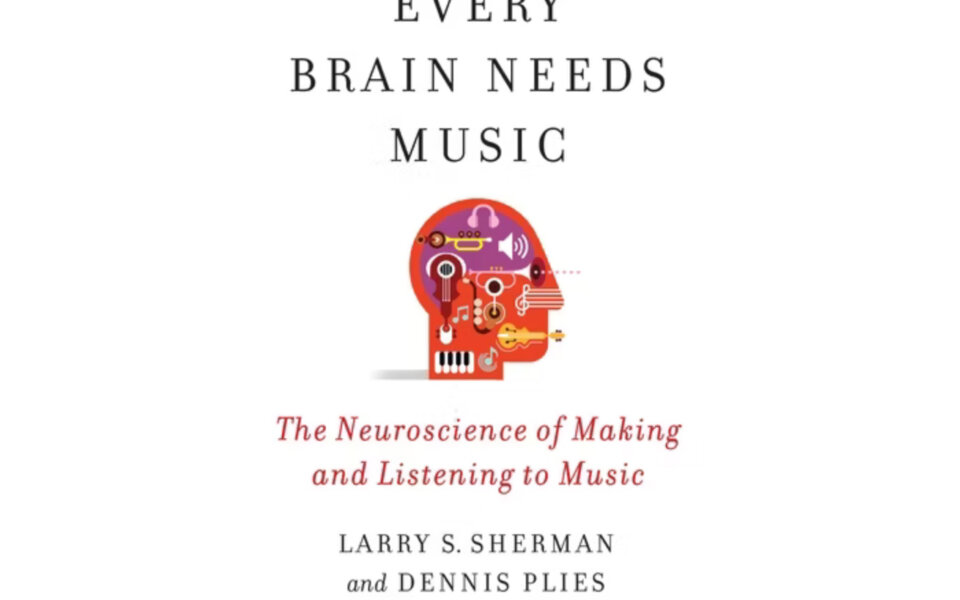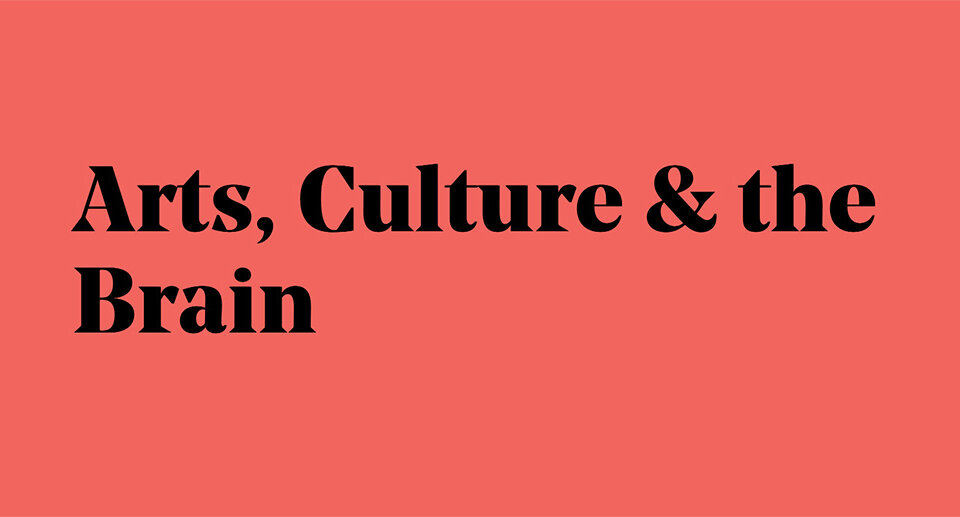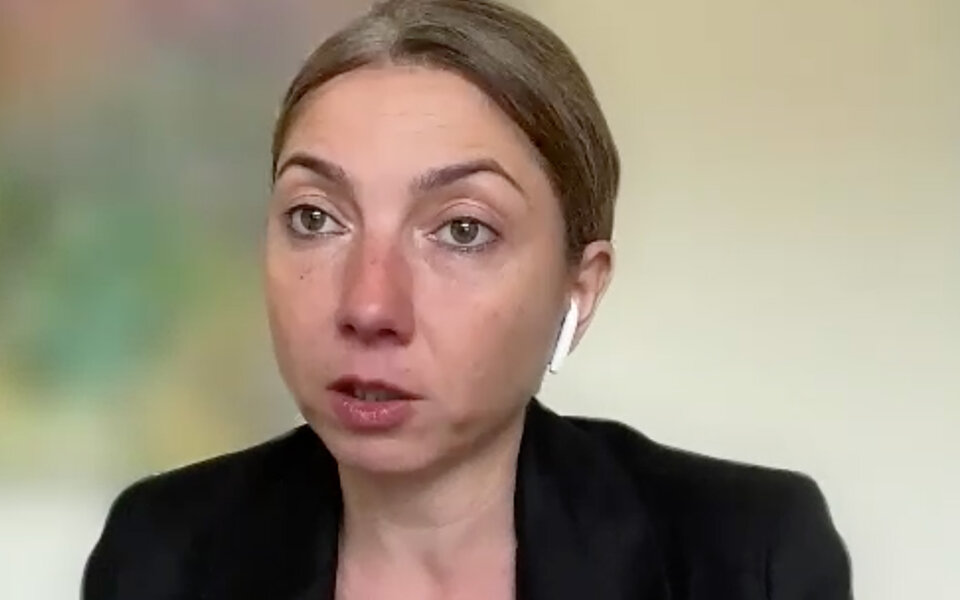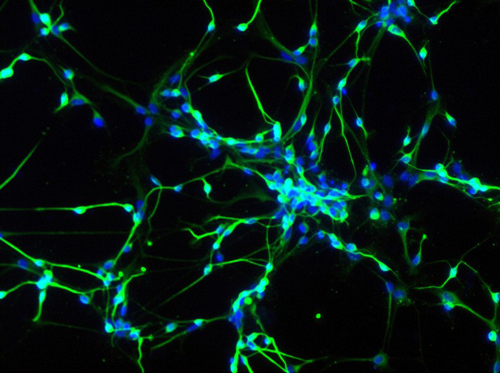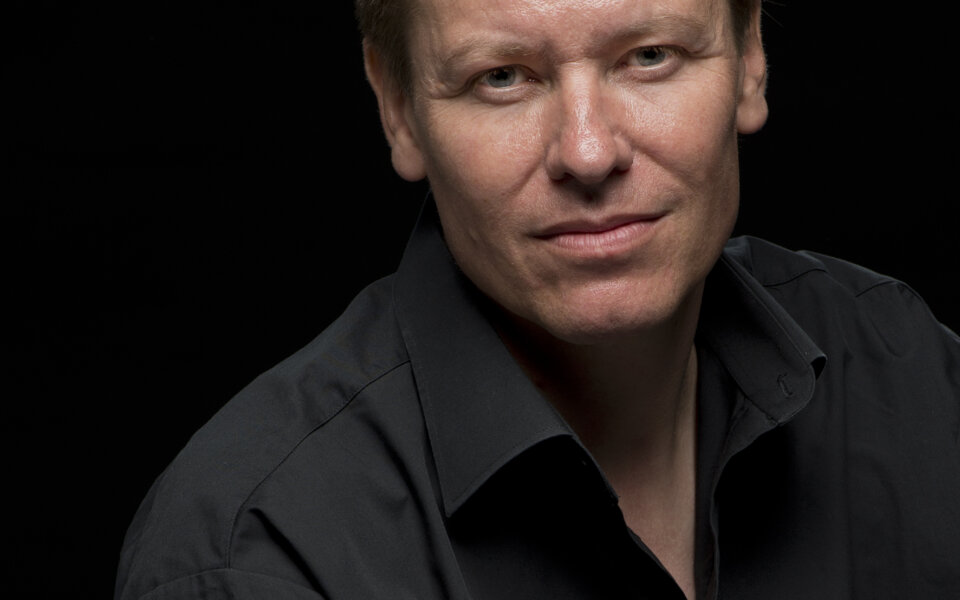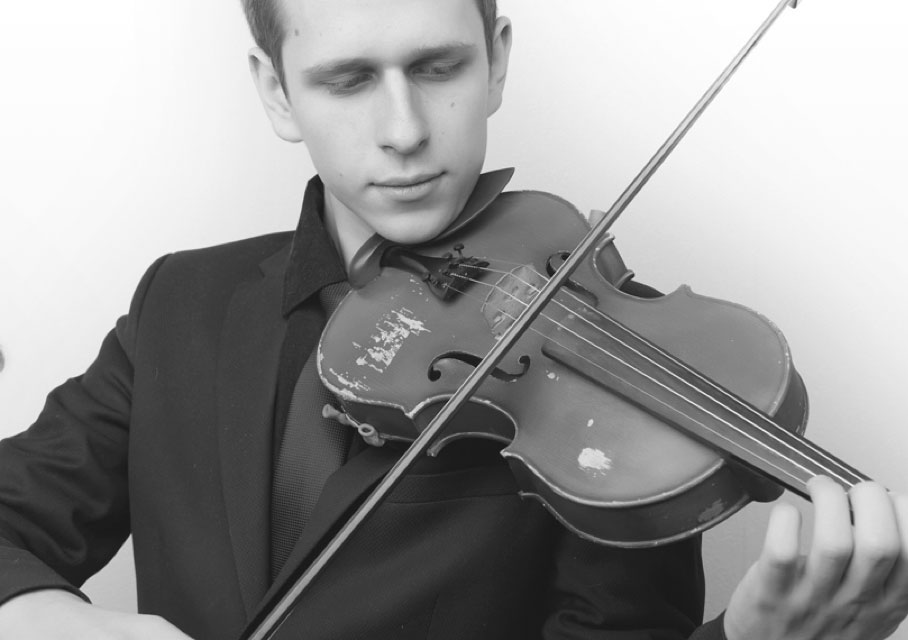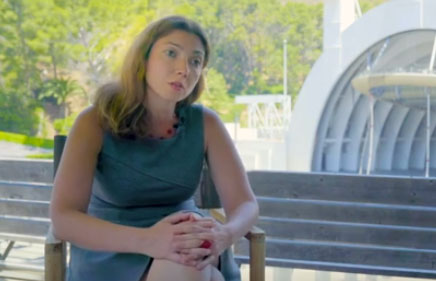This category focuses on the important influence that culture has on education, featuring current research
Latest publications on research and education
Fine motor control improves in older adults after one year of piano lessons: Analysis of individual development and its coupling with cognition and brain structure. Worschech F, James CE, Jünemann K, Sinke C, Krüger THC, Scholz DS, Kliegel M, Marie D, Altenmüller E. Eur J Neurosci. 2023 May 4. doi: 10.1111/ejn.16031. Online ahead of print. PMID: 37143214
Perceptions of intelligence & sentience shape children’s interactions with robot reading companions.
Caruana N, Moffat R, Miguel-Blanco A, Cross ES. Sci Rep. 2023 May 5;13(1):7341. doi: 10.1038/s41598-023-32104-7. PMID: 37147422 Free PMC article.
A dual-process model for cognitive training.
Ericson J, Klingberg T. NPJ Sci Learn. 2023 May 6;8(1):12. doi: 10.1038/s41539-023-00161-2. PMID: 37149680 Free PMC article.
Rhythm in the premature neonate brain: Very early processing of auditory beat and meter.
Edalati M, Wallois F, Safaie J, Ghostine G, Kongolo G, Trainor LJ, Moghimi S. J Neurosci. 2023 Mar 13:JN-RM-1100-22. doi: 10.1523/JNEUROSCI.1100-22.2023. Online ahead of print. PMID: 36914264

